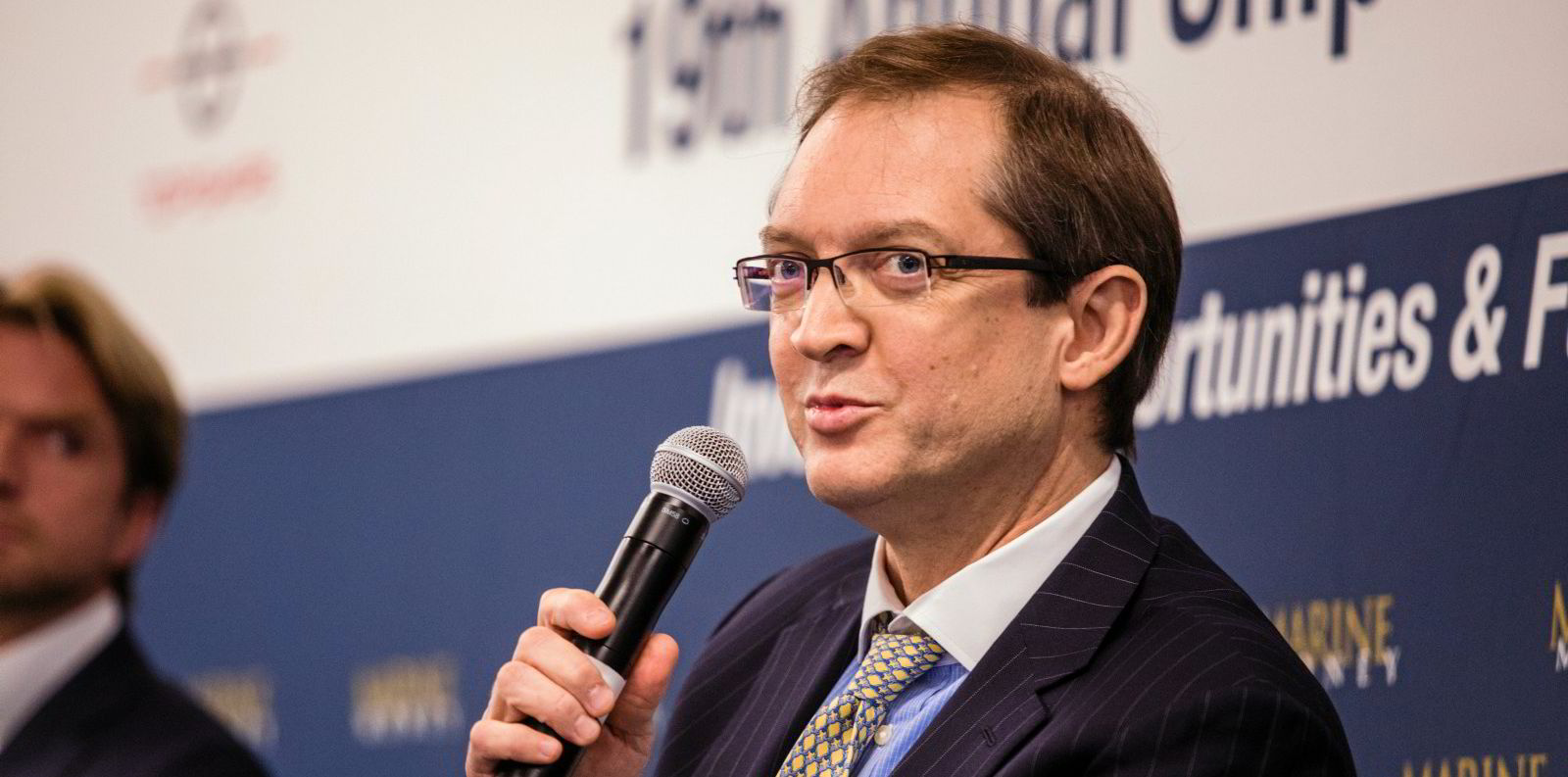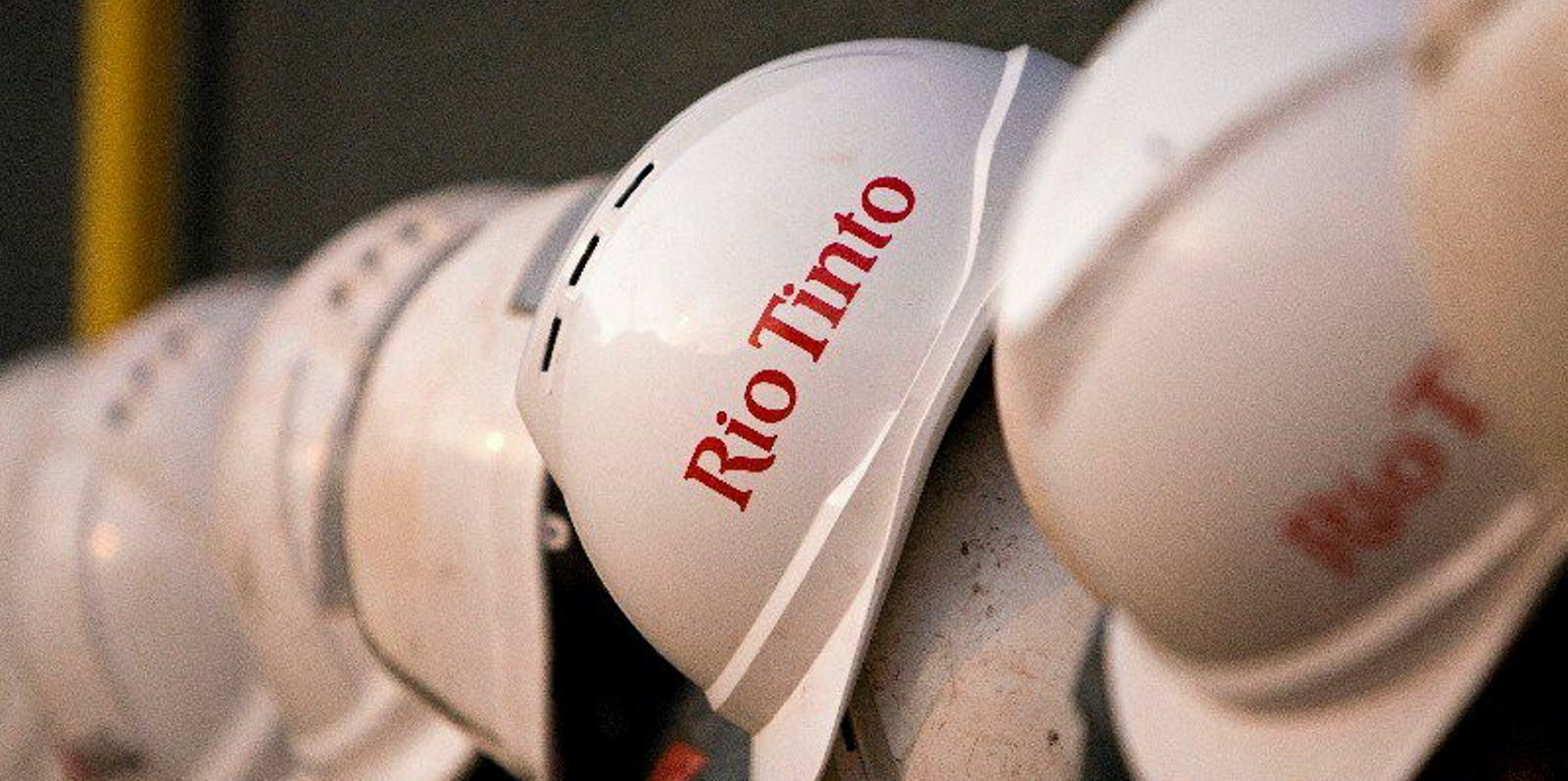Mining giant Rio Tinto has logged a hefty profit of about $24m from selling three LNG dual-fuelled, 210,000-dwt bulker newbuildings that it booked at Chinese state-owned Qingdao Beihai Heavy Shipbuilding Industry.
Shipping sources said the world's largest mining company had sold the trio to US-based shipping investor JP Morgan for about $75m each, registering a profit of $8m per ship.
Rio Tinto was not available for comment, while JP Morgan did not respond to emails seeking confirmation of the purchase.
The three vessels were part of a 12-ship order that the mining company booked under the code name "Project Orion" in March. It contracted Qingdao Beihai and privately-owned New Times Shipbuilding to construct six vessels each for delivery in 2023.
Rio Tinto was reported to be paying $67m each for the dual-fuelled bulker newbuildings, which will be fitted with MAN Energy Solutions’ high-pressure ME-GI engines.
News of Rio Tinto's plans to sell the trio was first reported in TradeWinds in August. Then, sale-and-purchase brokers were expecting the bulkers to achieve profits of $10m apiece as shipbuilding prices had shot up to between $77m and $80m per ship due to rising steel plate costs.
As for the other nine vessels, Rio Tinto has novated three of the Qingdao Beihai vessels to South Korea's H-Line Shipping and the six New Times ships to Idan Ofer's Eastern Pacific Shipping.
It then chartered back the ships from the two shipping companies for terms of at least five years.
Several shipping sources said Rio Tinto had not lined up a charter plan with JP Morgan on the three sold units. Rio Tinto has not disclosed why it is reducing the number of LNG-fuelled bulkers it plans to control from 12 to nine.
Some industry observers believe that Rio Tinto may be looking at other alternative fuels — such as ammonia and hydrogen — to reduce its carbon footprint.
The miner previously said it recognised LNG to be a cleaner-burning marine fuel option but that it was not a silver bullet for emissions reductions and could be a transitional fuel on the pathway to decarbonisation.
A major dry bulk charterer with more than 230 vessels on charter at any given time, Rio Tinto will introduce net-zero emission vessels to its portfolio by 2030, and support development of enabling technologies using net-zero carbon fuels, said chief commercial officer Alf Barrios.
The company’s ambition is to achieve net-zero shipping by 2050.
Banking giant JP Morgan has bought five other vessels in the past four months. Its affiliate, Global Meridian Holdings, acquired the 114,000-dwt LR2 tankers A Leopard and Lion (both built 2021) from Compagnie Maritime Belge for $110m; the 207,600-dwt scrubber-fitted bulker Conrad (built 2017) for $55m and the 111,000-dwt product tankers Navig8 Pride and Navig8 Providence (both built 2018) for $48m each.
VesselsValue lists Global Meridian with a fleet of 44 ships worth $5.08bn — including tankers, bulkers, VLGCs and containerships — as well as 10 LNG carriers that are on order.






